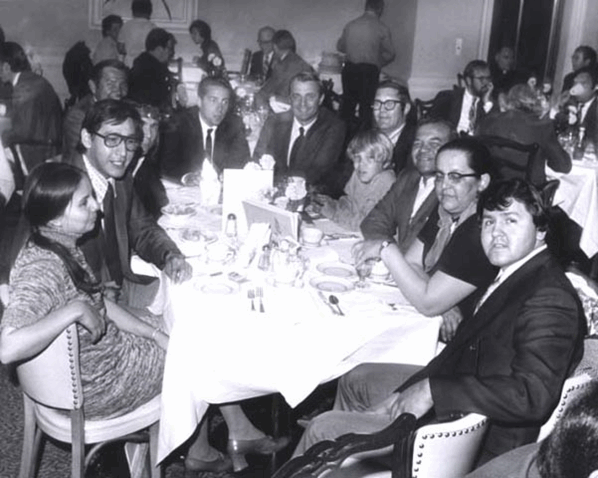Excerpt 1
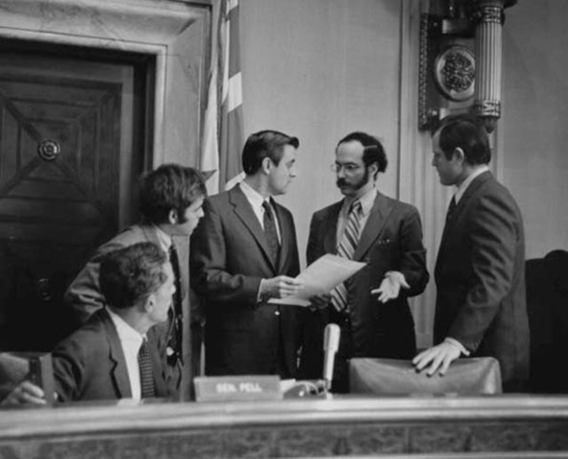
"No Indian can grow to have and enjoy a full life, on or off the reservation, when he is forced to live any part of his life in hopelessly substandard conditions." 89th Cong., 2nd sess., Congressional Record 112 (July 28, 1966) at 17432.
Excerpt 2
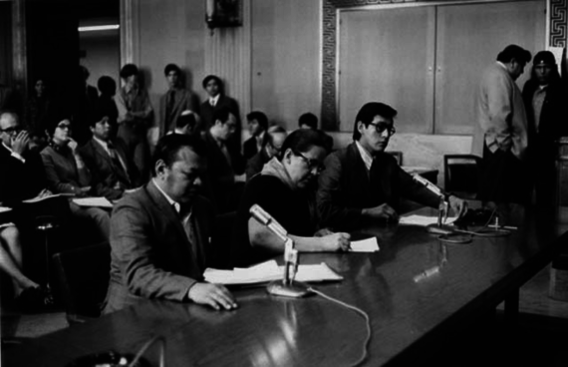
"The statistics are appalling. But one can become immune to statistics. One cannot become immune, though, to the stories of Indian schoolchildren being disciplined with handcuffs, of school counselors 'counseling' students with jail referral slips, of teachers punishing Indian students for speaking their native languages, of teenagers committing suicide in order to escape the life they dread.
The Indian Education Subcommittee looked at these incidents. We studied the statistics. And we determined that the education afforded Indian Americans was a 'national tragedy'." 91st Cong., 2nd sess., Congressional Record 116 (September 23, 1970) at 33427.
Excerpt 3
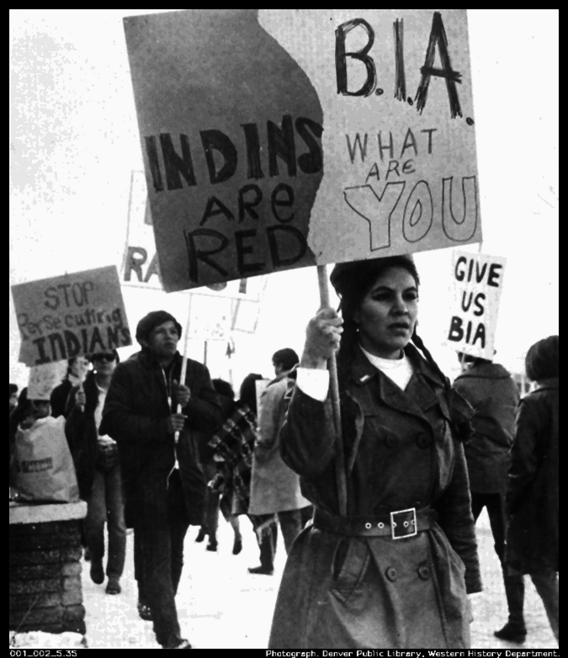
"In this age of demonstrations and counter-demonstrations it is easy to brush aside the protests of a small group. But I think it is important we pay special attention to the Indians' complaints because they are primarily asking for nothing more than the fulfillment of promises previously made by our Government." 91st Cong., 2nd sess., Congressional Record 116 (April 10, 1970) at 11253.
Excerpt 4
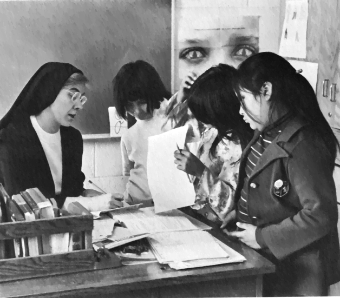
"I believe that if anything has resulted in the tragedy of the lives of the American Indians—and it can only be called tragic—it has been that through the education programs we have tried to make good white men out of them, educating them with white teachers and with the English language and with no respect for their culture, no textbooks or curriculum that teaches them pride and confidence in themselves.
In the management of their lands, we have done the same. We have permitted them to use but not own the land—under control, once again, of the white man.
This runs, it seems to me, throughout this tragic and failure-ridden history of the Nation's policy with respect to the American Indian. It has been thought up with no principle and has been, I think, a cruel and unutterably, unfair failure. In my opinion, if there is one thing we must do to change this policy, it is to start assuming and accepting the fact that the Indians are human beings and Americans, having the same rights, the same opportunities, and the same need for pride in themselves, their culture, and their background as anybody else." 91st Cong., 2nd sess., Congressional Record 116 (December 2, 1970) at 39600.
Excerpt 5
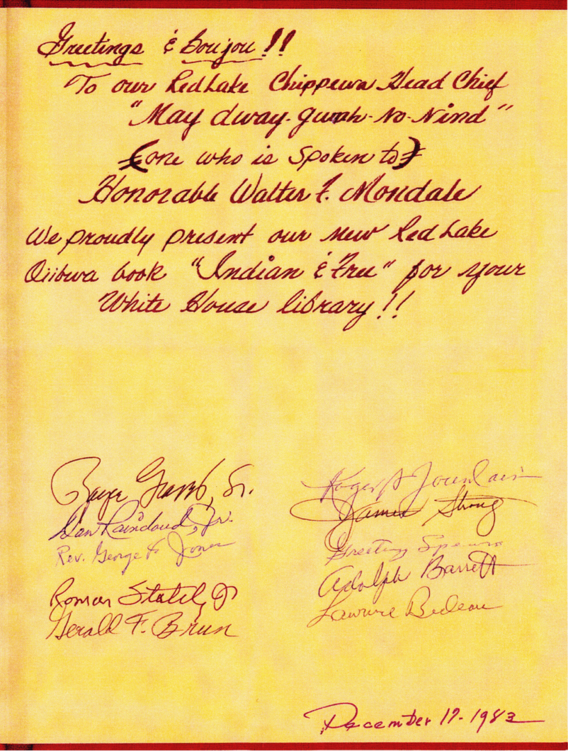
"The dropout level, the failure to perform at grade level, the truancy level, the unemployment level, the problems in mental illness, alcoholism, and suicide have all resulted, as the Senator's late brother said [Robert Kennedy], in making America's first Americans the last Americans.
There are other elements, but we must begin with an education that entails, first of all, respect for different languages and cultures, and accepts them for the value they still have for Indian children.
I do not think there is any chapter in our history more sordid than our treatment of the American Indian. This legislation is an important and meaningful step to do something about that situation." 92nd Cong., 1st sess., Congressional Record 117 (February 25, 1971) at 3954.
Excerpt 6
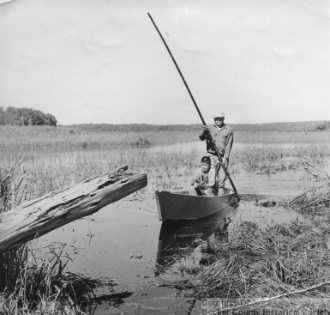
"Until we begin to treat Indian citizens with respect, until Indian parents are given the same power—to control the direction, the quality, and the nature of the education given to their children—that we have expected and practiced with our own children from the beginning of this country, there simply will not be a system of equal education for the American Indian children." 92nd Cong., 1st sess., Congressional Record 117 (October 8, 1971) at 35647.
